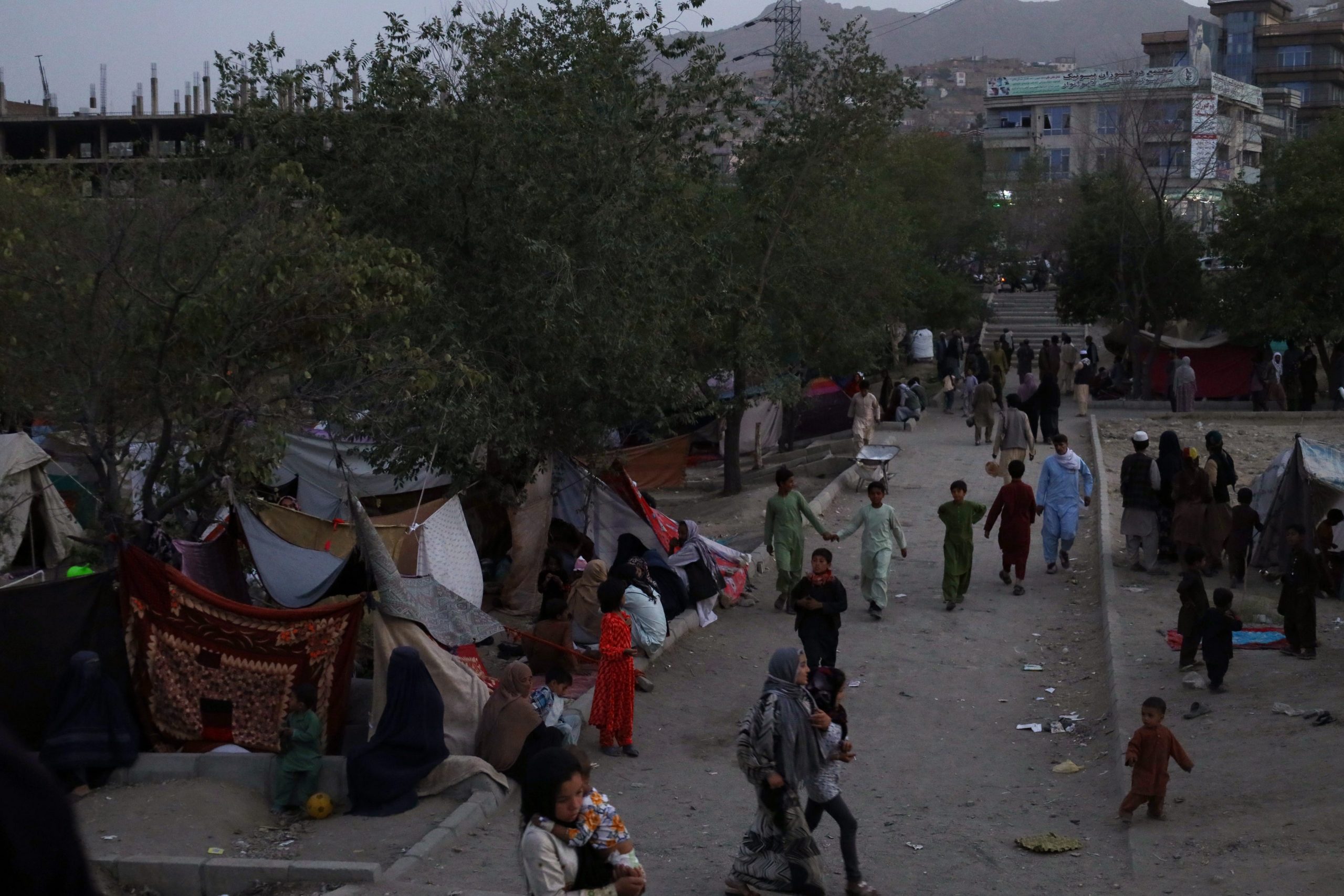
Edris Lutfi for Insider
- The week before the Taliban took Kabul, parts of rural Afghanistan erupted into violence.
- Desperate families poured into the capital, seeking refuge.
- These photos from the ground show a makeshift camp set up to try and give them shelter.
- See more stories on Insider's business page.
As the Taliban advanced through Afghanistan over the last week – before taking control of Kabul, the Afghan capital, over the weekend – displaced families have poured into Kabul.
A makeshift camp has emerged in Sarai Shamali, in the northern part of Kabul near a highway that connects Kabul to the country's northern cities, and at Shahr-e Naw Park, near the city center.
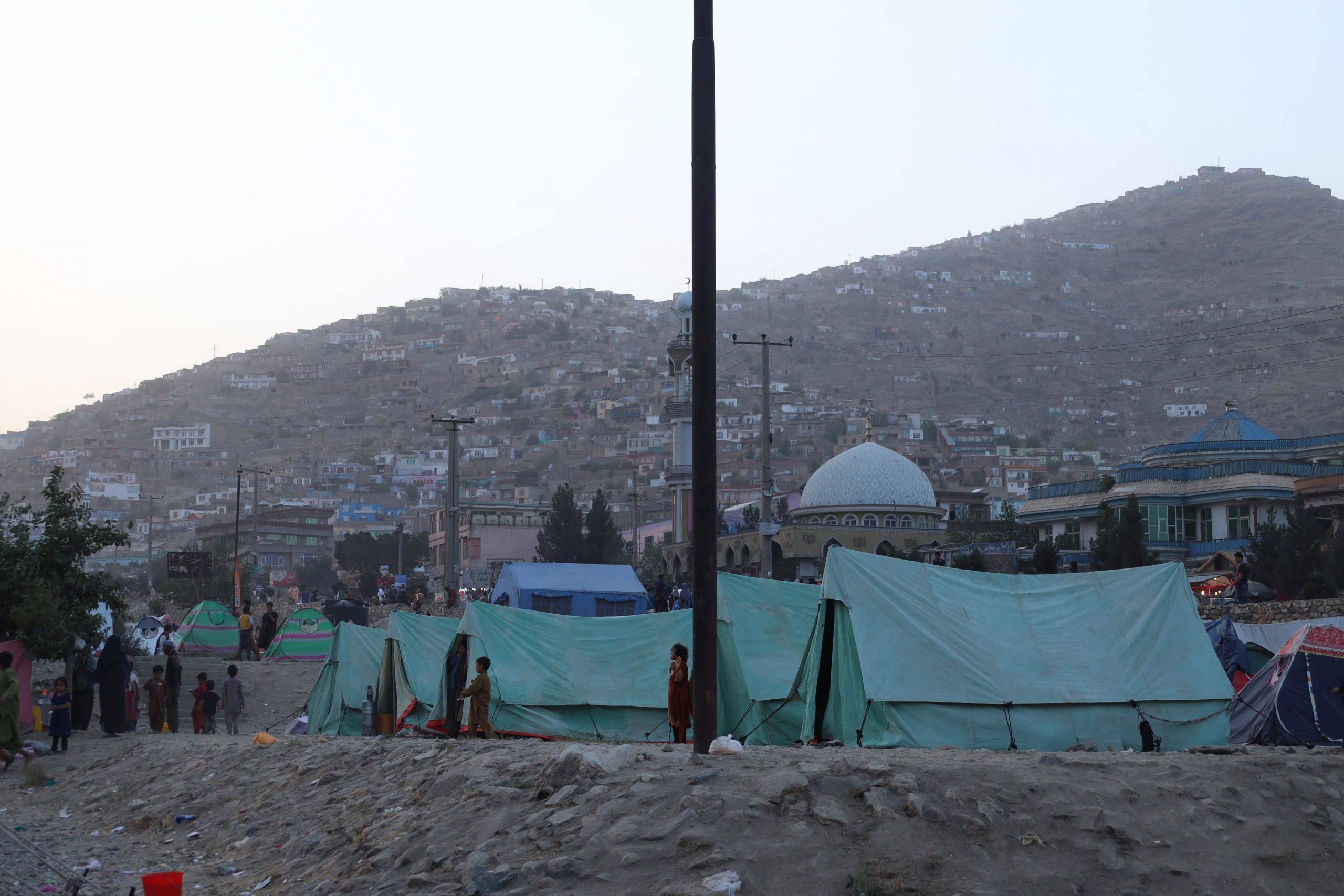
Edris Lutfi for Insider
There was chaos at the northern entrance of Park-e Shahre Naw as the refugees, technically called internally displaced persons (IDPs), came in droves to set up makeshift shelters.
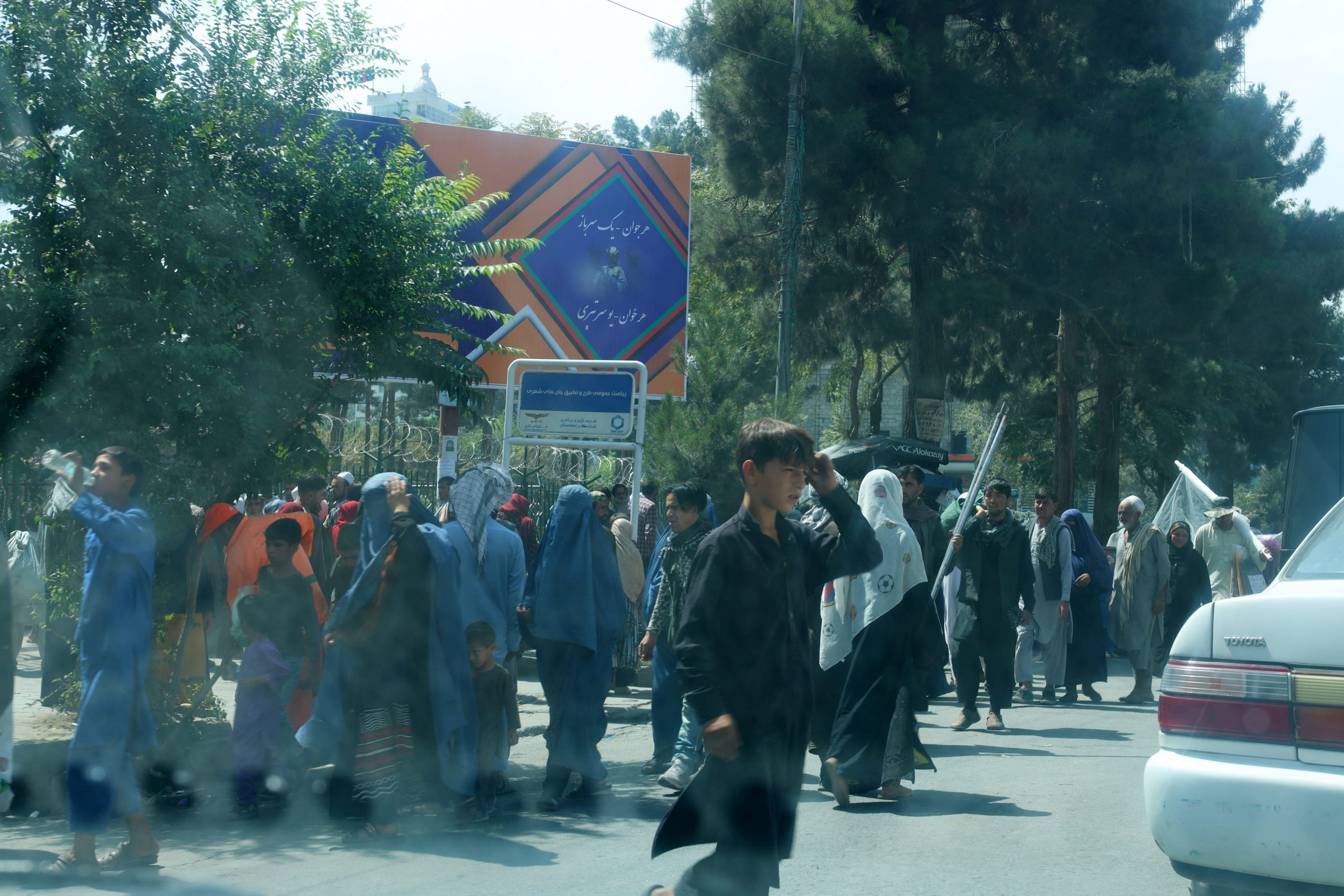
Edris Lutfi for Insider
Park-e Shahr Naw is in the heart of Kabul, and the Kabul Governor's Office desperately tried to relocate the IDPs away from people's eyesight.
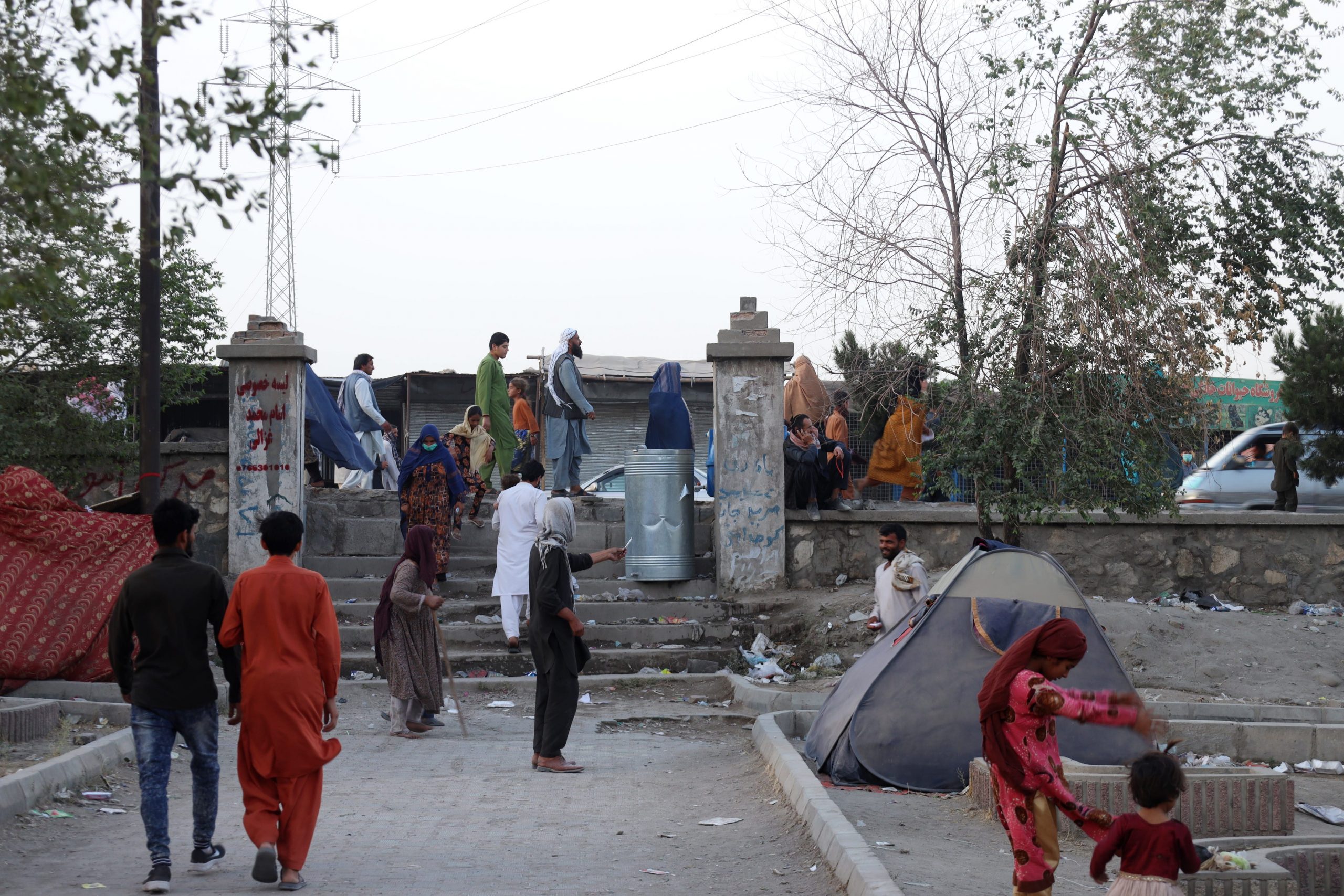
Move-in trucks are a familiar scene in Kabul as the fighting in rural Afghanistan and major cities has forced families to seek shelter in the capital.
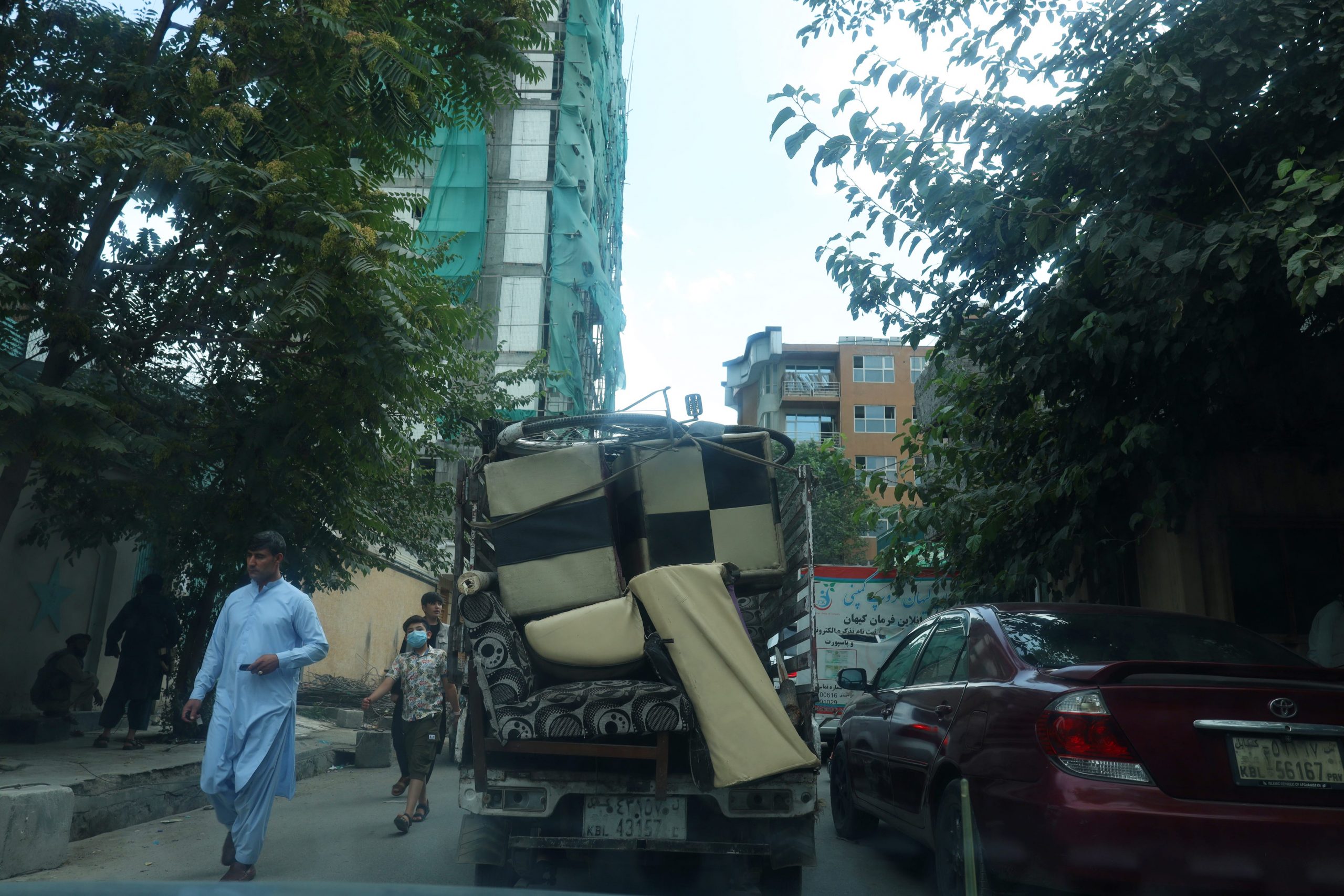
Edris Lutfi for Insider
Maryam Sahebzada (seen below in the orange vest), is responsible for the health services of 11 provinces.
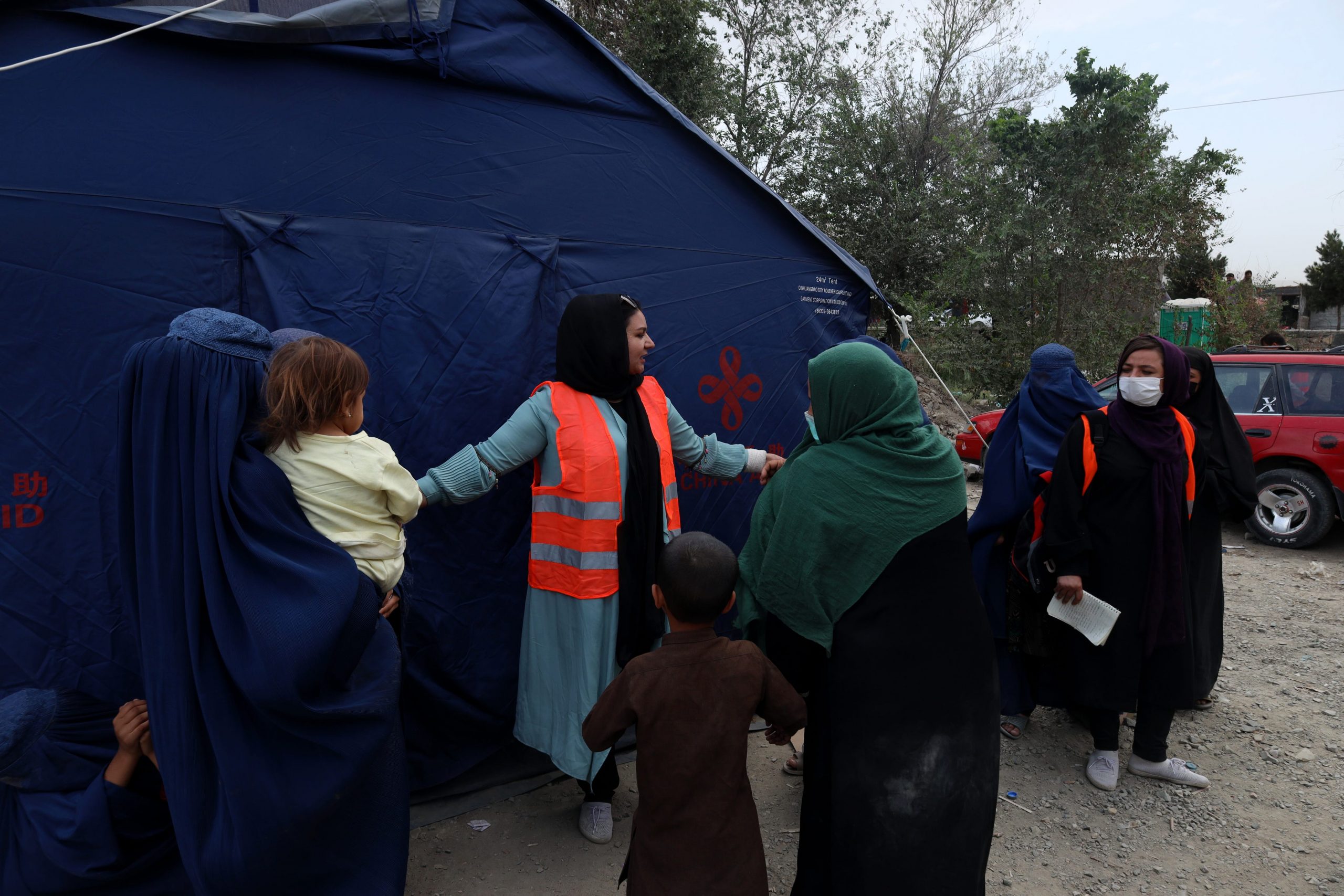
Edris Lutfi for Insider
She spoke with with the female IDPs about the services available at the Sarai Shamali makeshift health clinic and instructed her colleagues to prioritize women and children first.
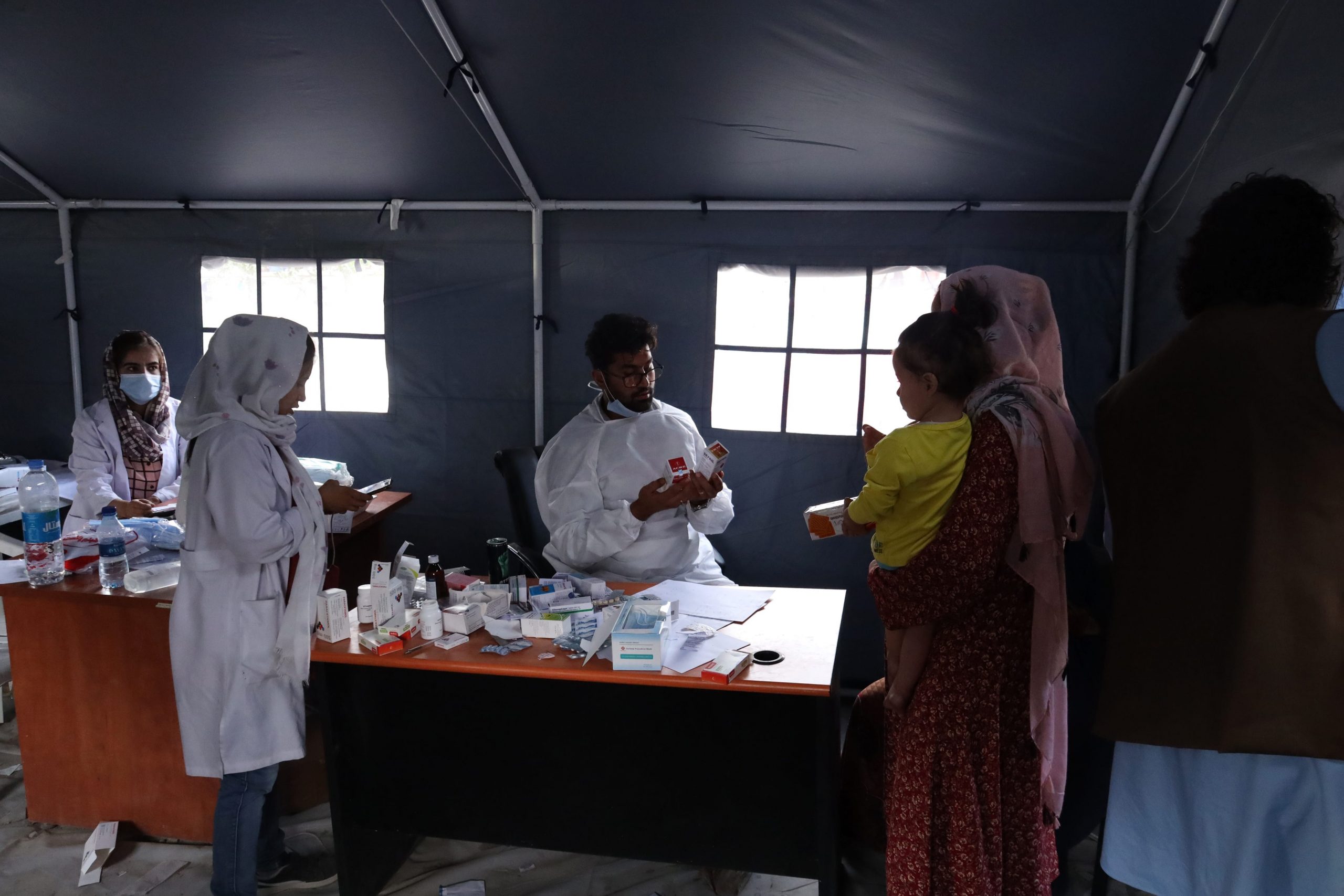
Hadia, an IDP from northern Afghanistan, fell sick after drinking water from the nearby well.
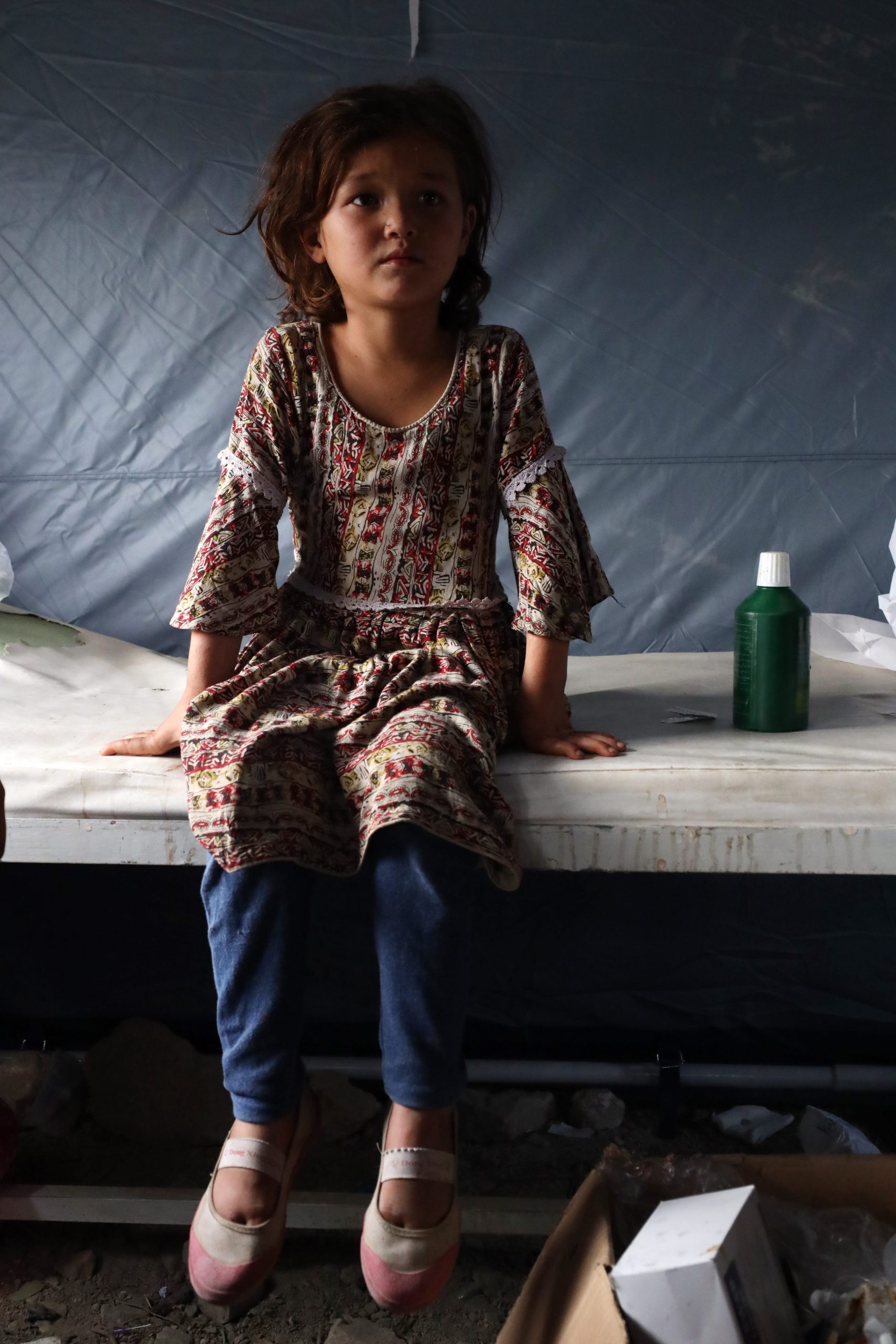
Edris Lutfi for Insider
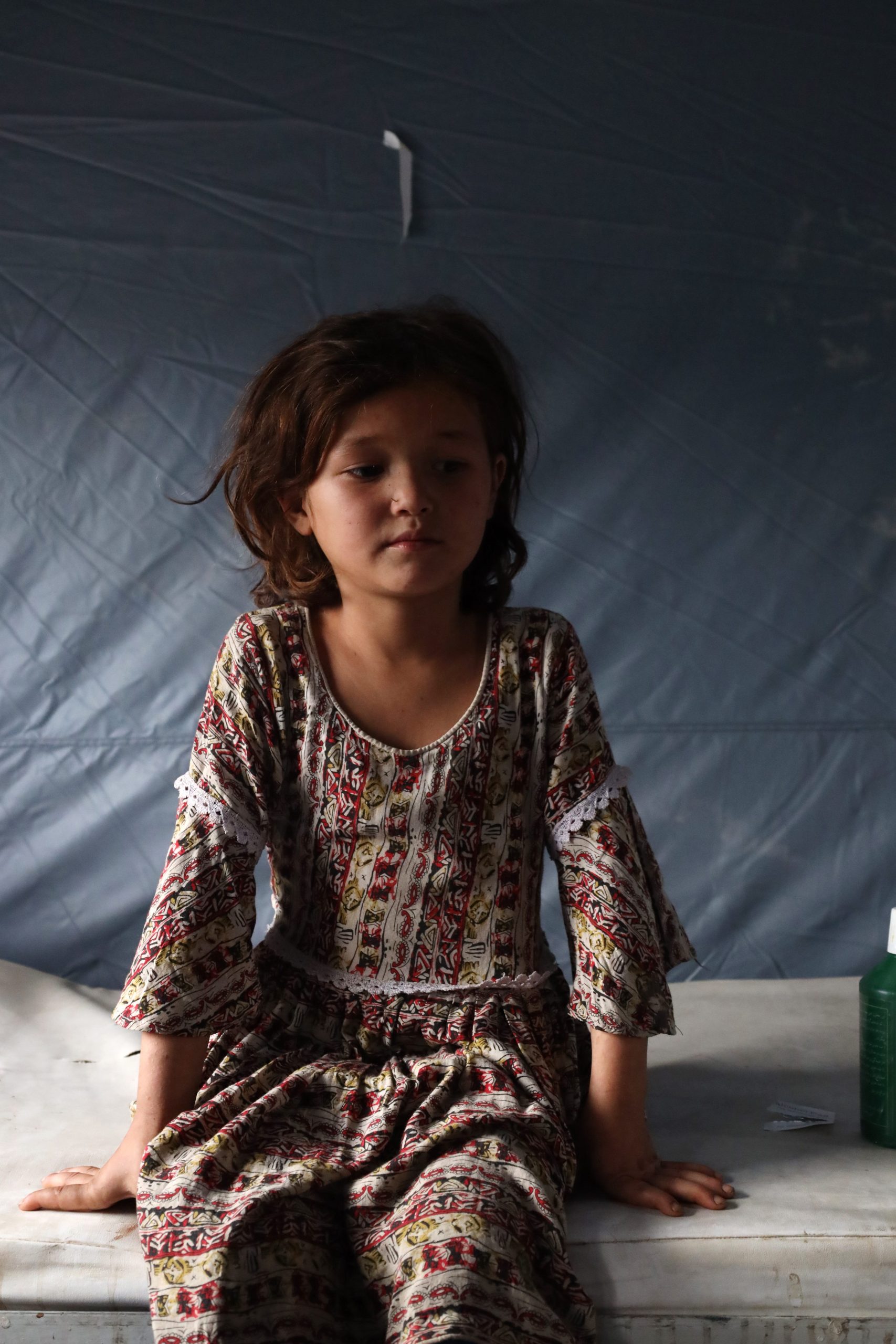
Edris Lutfi for Insider
Hussain's father (left), a former soldier who deserted after not being able to receive his salary for months, shows his scar from a blast injury he sustained in a northern city of Afghanistan.
"I gave my body for my country but my country didn't even pay my salary on time," he said. "I had big responsibility against my country, but I had a bigger responsibility towards my family, which was putting food on the table."
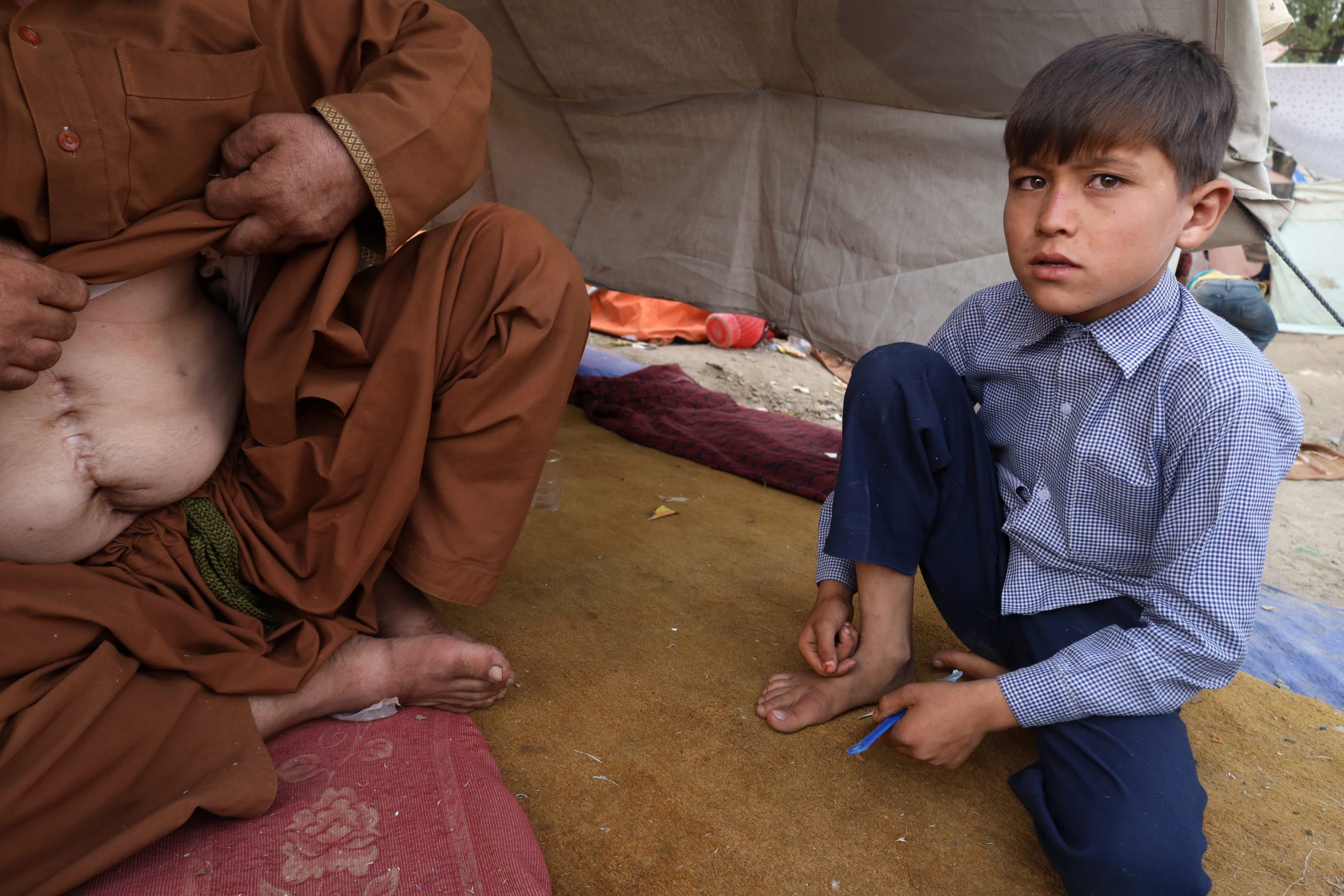
Edris Lutfi for Insider
Abdul Ali, 44, came to Kabul from Kundoz four days ago to escape the war. "The war was over but so was our livelihood. My business was burned to ashes, and I couldn't think of starting over in Kundoz."
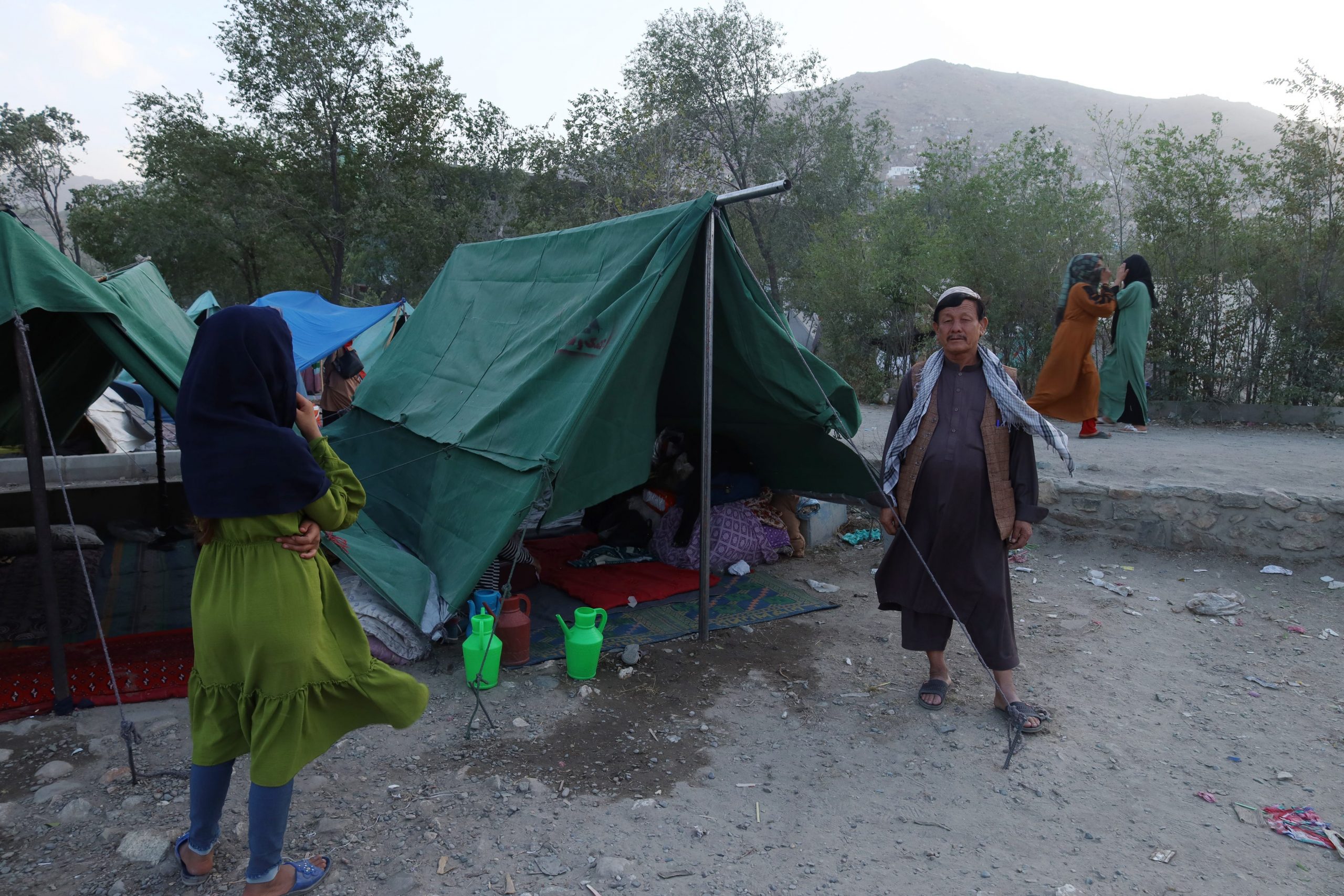
Abdul Mohammad, 57, came from Kapisa province to Kabul after the clashes started. He has set up a Samavar and serves tea to the IDPs as a business.
"I had a dignified life in Kapisa as a farmer," he said. "I don't want to wait for people to come and feed me."
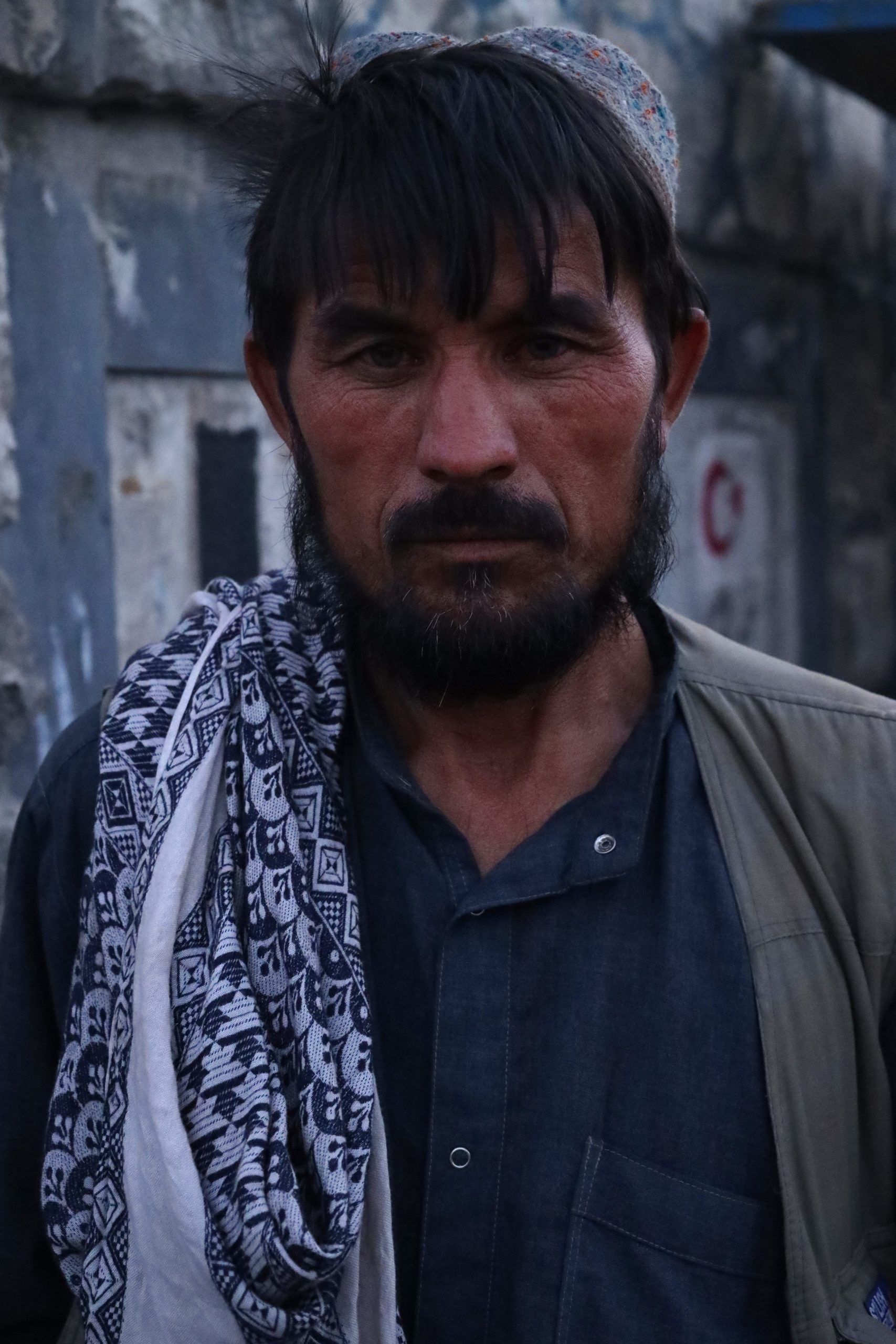
Edris Lutfi for Insider
Poverty has forced many economically disadvantaged families to pose as IDPs in order to receive aid such as tents, cooking material, and cooking supplies, which could then be sold on the black market for a fraction of the original price.
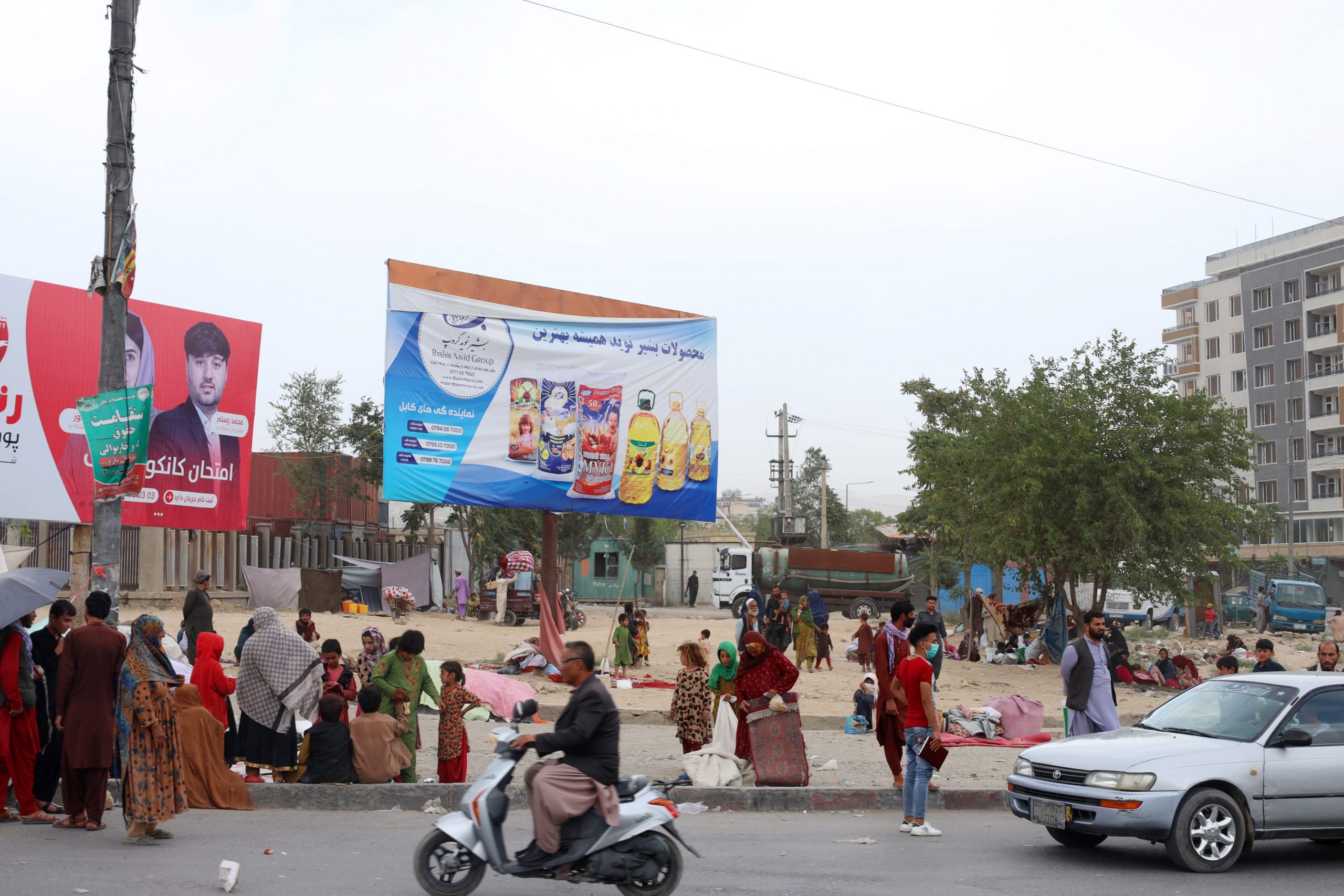
With the Taliban now in control of the country, it remains to be seen what will happen to the people displaced by the war, and whether they'll be able to return to their homes - if they have homes to return to.
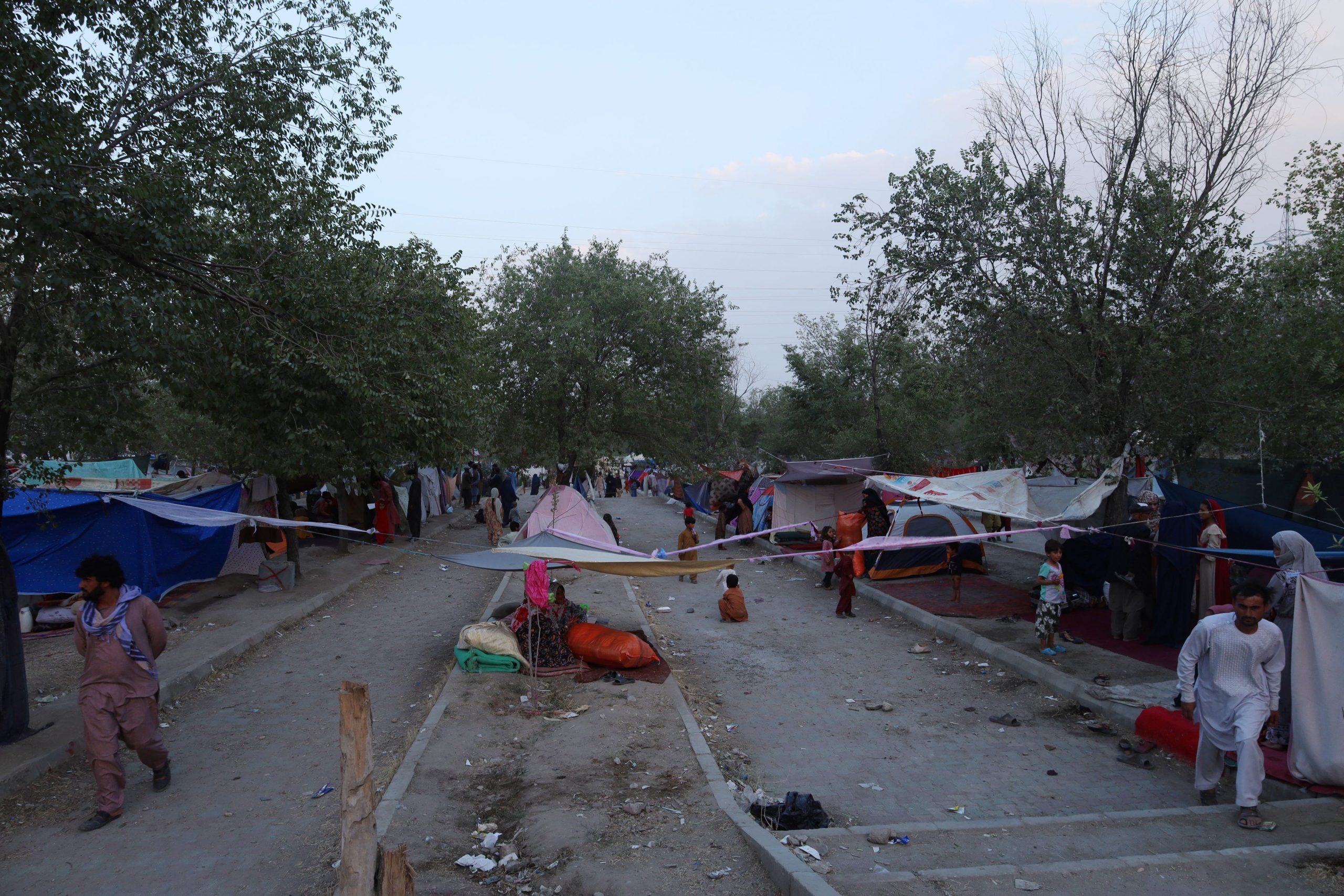
Edris Lutfi for Insider
